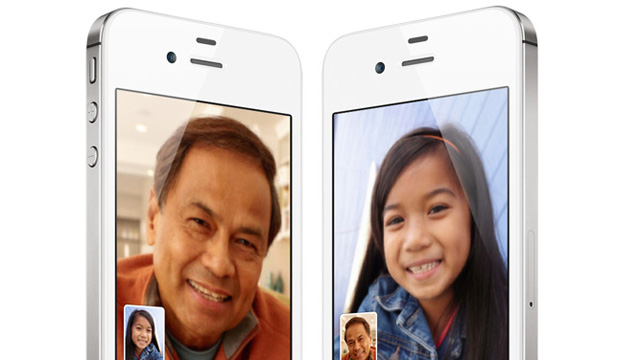AT&T technically won't charge extra to use FaceTime over 3G or EDGE after all, according to a statement issued on Friday. Not everyone will be able to start video chatting with other iOS and Mac users for free, though—the company plans to require FaceTime aficionados to pay for a "Mobile Share" data plan if they want to make video calls over the cell network.
"AT&T will offer FaceTime over Cellular as an added benefit of our new Mobile Share data plans, which were created to meet customers’ growing data needs at a great value," the company said on Friday afternoon. "With Mobile Share, the more data you use, the more you save. FaceTime will continue to be available over Wi-Fi for all our customers."
The Mobile Share data plan is AT&T's version of a shared data pool that can be used across multiple devices on the same account. But when we covered AT&T's plans in July, we noted that the savings were not that great for many users—particularly a solo tablet-and-smartphone user, such as many of us here at Ars. If you don't have family or a significant other with devices to share data with, then it doesn't make much sense to subscribe to the Mobile Share data plan—as such, you may not be able to use FaceTime over 3G after all unless you decide to change up your plan.


 Loading comments...
Loading comments...
